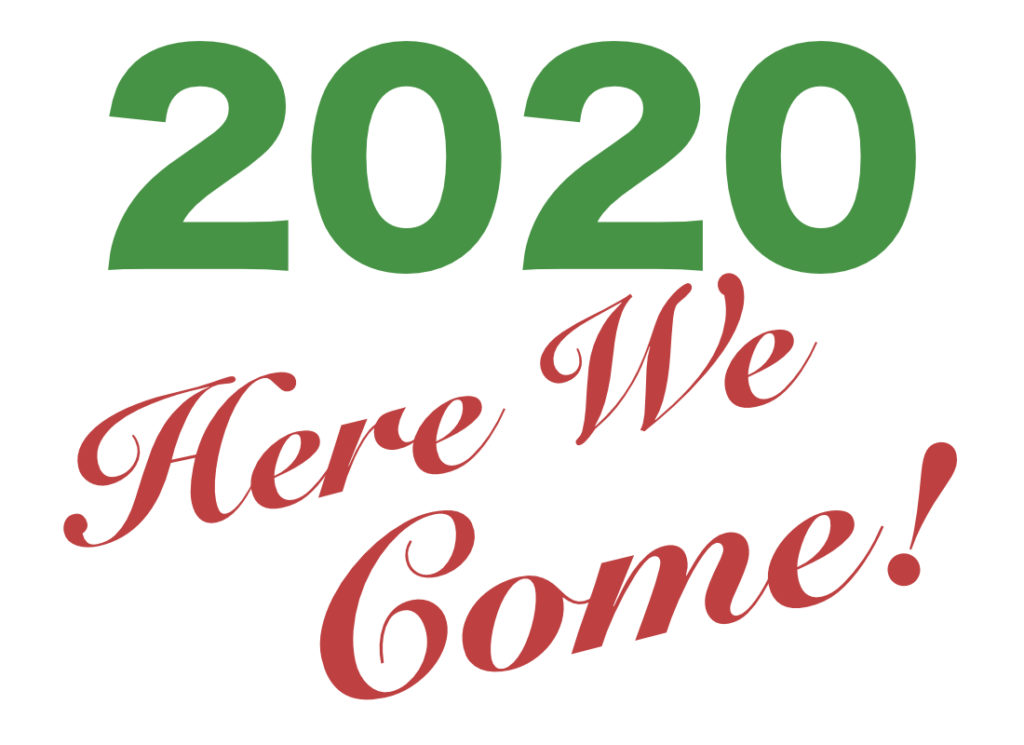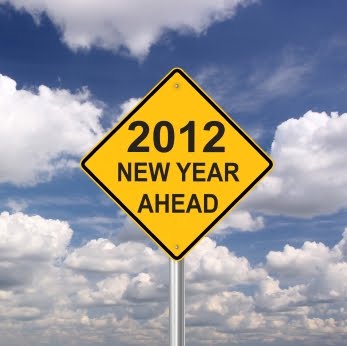I’ve been “a serious runner” since about June. I decided I could call myself “a serious runner” after I had run 25 miles in a week and ran over 8 miles at once.
Since then, I’ve run a 5K race (3.1 miles), 2 10K’s races (6.2 miles) and a half marathon (13.1).
My longest run has been 17.3 miles.
I recently decided to find out if there were any running clubs in my area. I found one local to me that has early morning runs twice a week.
Honestly, the thought of joining with them made me nervous. Would I be able to keep up? This fear was warranted, as I already knew they ran faster than me. Would I even like running with other people (something I’ve only done once since I took up running again)? What if I looked goofy? What if they weren’t nice to me? Yes, even I have these thoughts 🙂
I went, despite my fears and insecurities. We ran. We ran fast (by my standards). In fact, we ran the 5.26 mile route at a pace that was an entire minute per mile faster than I had previously run on a really good day.
I made it through. I even talked during the run without gasping. It was challenging.
For the rest of that week, I decided I would continue to push myself on my personal runs. I ended up running about a minute per mile faster for all of my shorter runs (5 miles or less).
The next week came. I was nervous again. I went anyway (even though the run starts at 5:30 AM). The person I ran with last week, who runs a bit slower than the others, wasn’t there. I ran anyway. We ran a whole minute faster than the week before. And it was cold.
My running had been going well. I was happy with my race times and the completion of a half marathon. I had been doing what was comfortable (well, as comfortable as running is for someone who is not a natural). Then something came along to shake me up from my comfortable place, challenging me to take it to the next level.
Michael Hyatt references a
Wired magazine article about Dean Karnazes, a long distance runner. It describes an experience where he put on his shoes and started running one night, after coming to the realization one night that this was not the life he’d imagined for himself. At the end of his run:
He had covered 30 miles. In the process, he’d had a blinding realization: There were untapped reservoirs within him. It was like a religious conversion. He had been born again as a long-distance runner. More than anything else now, he wanted to find out how far he could go.
When I started running, I hoped to be able to finish a 10K someday. I certainly never even considered running a half marathon. This was only made possible because I made a choice to push past what was comfortable and take it to the next level. Now I’m looking forward to the next one, as I hope to improve my time significantly.
I have begun to relate this concept to my spiritual life. Have I become too comfortable in my spiritual habits? Are there reservoirs within me, or within God, that I have yet to tap into?
I read the Bible most days. Being that I’m the director of a faith-based ministry, rarely a day goes by that I don’t read the Bible for ministry purposes. But most days, I read 1-2 chapters of Scripture for my enrichment. Sometimes, I journal. Sometimes, I read a devotional. I take a chunk of time to pray, though this is something I often do while I run.
This has become a fairly comfortable routine for me. None of these things are bad, and nothing in particular jumps out as needing to be changed. But the question I’ve been asking in prayer is this: God, is there something You want me to do to take it to the next level?
As I refine my running schedule, I have decided to also refine my devotional schedule. I am aiming to run 5 days a week. The other 2 days a week, I will try to get up extra early to read the Bible, pray, listen, and read from some books and devotionals (I did this on Monday and today). I have already been doing this about 1 day a week, except I usually sleep in. I’ve decided to stop that. If I can get up at 5:30 to run, shouldn’t I also be able to get up at 5:30 to spend purposeful time with God?
I have a goal to finish several books that I’m in the middle of, as well as finish editing the booklet I’ve written, by February.
I also set some running goals for this winter:
1. Run in the freezing cold. I have never been a consistent runner, and I have not yet run through a winter. I decided to make that a priority this year. The coldest weather in which I’ve run had been 20 degrees F, feels like 8 degrees. I ran 14 miles on Sunday in this weather. See my attire below.
2. Run at least 100 miles a month. In the months of August through October, I ran 124 miles, 132 miles and 148 miles. November, due to illness and 2 races, I dropped down to 90 miles. I’d like to keep it above 100.
3. Find another half marathon to run and shave at least 30 seconds off my pace.
What about you? Is God challenging you to take it to the next level? Are you feeling too comfortable? Or possibly feeling stuck? This is the perfect time to evaluate any goals you had set for 2011 and reassess for 2012 (this post might help).
“Not that I have already obtained all this, or have already been made perfect, but I press on to take hold of that for which Christ Jesus took hold of me. Brothers, I do not consider myself yet to have taken hold of it. But one thing I do: Forgetting what is behind and straining toward what is ahead, I press on toward the goal to win the prize for which God has called me heavenward in Christ Jesus.” Philippians 3:12-14, emphasis mine
Press on. Embrace the discomfort. Ask God what it means for you to take it to the next level.
If you’re disappointed that I didn’t talk about Christmas, you can read
last year’s post 🙂






